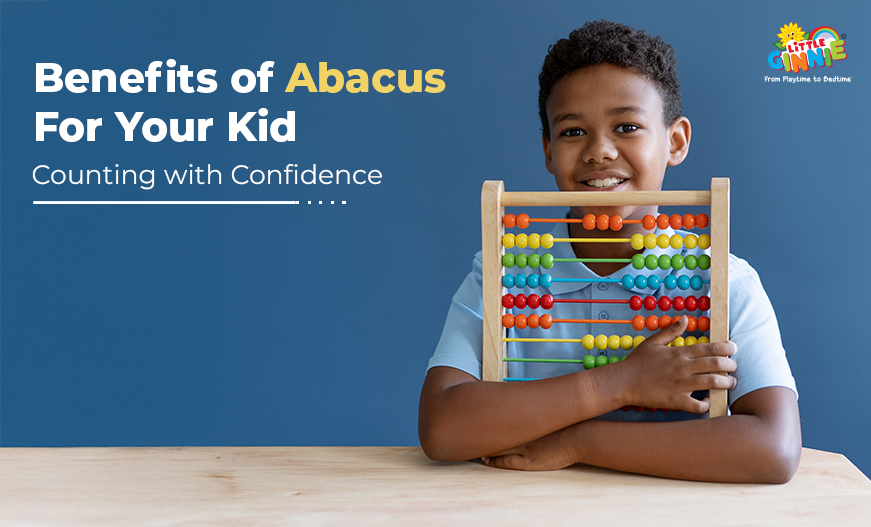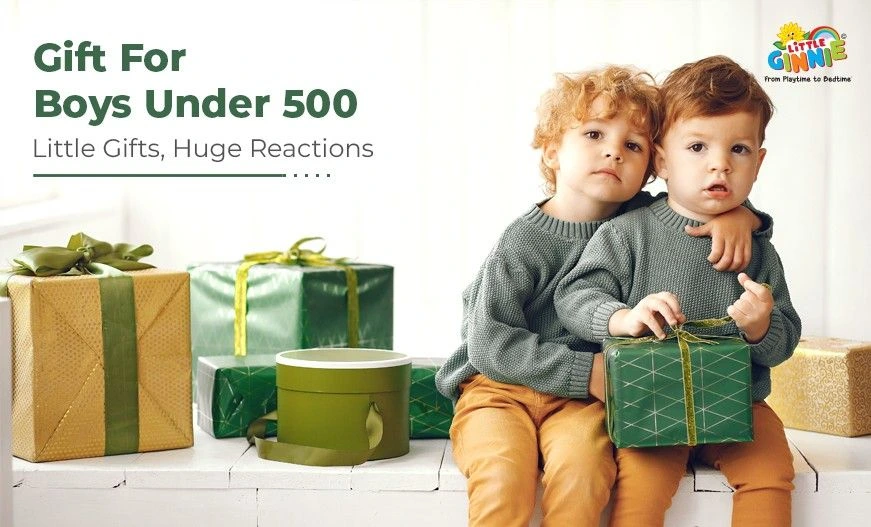Currently Empty: ₹0.00
Importance of Toys in Child Development

Written By: Pinky Kharata
Published By: Satya Narayan Pandey
Importance of Toys in Child Development are a big part of how kids grow and learn. They make children curious and eager to explore the world around them. When kids play, they express themselves and start figuring things out, which helps build their confidence.
From Montessori toys that teach problem-solving to STEM toys that spark critical thinking, each toy brings something new to the table. Toys also help with emotions, social skills, and thinking abilities, shaping little minds in meaningful and fun ways.
How Toys Affect Child Development
Toys help kids learn new skills and explore the world around them. Below are some of the key benefits toys provide for kids’ growth.

1. Cognitive Development
Toys like puzzles, memory games, and building sets stimulate problem-solving and critical thinking. They encourage children to think, reason, and make decisions. It helps strengthen memory, focus, and attention. These toys enable children to approach and tackle new challenges with confidence.
2. Physical Development
Toys that involve movement, like balls or riding toys, support the development of motor skills and physical coordination. As children push, pull, or balance, they strengthen muscles, improve balance, and refine fine motor skills. Active play also promotes healthy growth, helping children develop their strength, agility, and endurance.
3. Emotional and Social Development
Dolls, action figures, or playsets foster imagination and social interaction. They help children understand emotions by acting out real-life situations and practicing empathy. These toys also promote sharing, taking turns, and conflict resolution. It contributes to the development of emotional intelligence and building strong social bonds.
4. Language Development
Storytelling kits, books, or interactive language games enhance vocabulary and language skills. They encourage children to engage in conversations, express themselves, and understand new words. Playing with these toys boosts listening skills and communication, providing children with opportunities to practice language in a fun and dynamic way.
5. STEM and Education Growth
STEM toys, such as science kits or building blocks, introduce children to concepts of science, technology, engineering, and math. They encourage hands-on learning and creative problem-solving. By experimenting, building, and exploring, children develop a strong foundation for future learning in these fields, fostering an interest in innovation and discovery.
6. Sensory Development
Toys that engage the senses, such as textured toys or musical instruments, are known to support sensory development. These toys help children understand their surroundings through touch, sound, and sight. Engaging kids with different textures, colors, and sounds helps refine sensory processing skills. These skills are essential for learning and adapting to new experiences.
7. Hand-eye Coordination
Balls, building sets, or drawing materials are some of the toys which enhance hand-eye coordination. These activities improve children’s ability to focus, track movement, and manipulate objects with accuracy. By practicing these skills, children develop better control over their movements. These toys are important for tasks like writing or tying shoes.
8. Logical Thinking and Reasoning
Puzzles, board games, and strategy games stimulate logical thinking. These toys challenge children to recognize patterns, make predictions, and use reason to solve problems. By engaging in such activities, children learn how to approach problems step by step. It develops strong reasoning skills that can be applied in various situations.
9. Spatial Reasoning
Building blocks and construction toys enhance spatial reasoning by helping children understand how objects fit together in space. These toys improve the ability to visualize shapes, sizes, and arrangements. As children experiment with different configurations, they build a deeper understanding of spatial relationships. It supports mathematical and architectural skills.
10. Diversity
Toys that reflect diverse cultures, experiences, and backgrounds help children develop an appreciation for differences. Through dolls and games that represent various ethnicities and lifestyles, children learn to embrace diversity, fostering empathy, inclusivity, and respect. These toys teach important lessons about acceptance and the value of different perspectives.
What are the Best Toys to Improve Child Development
The right toys can make learning fun while building important life skills. Here’s a look at some great picks from Little Ginnie for growing minds.
1. Play Sand

Kids love squishing, shaping, and digging, making the play sand a perfect toy. It helps boost creativity, sensory exploration, and fine motor skills. They also learn to focus and play independently. Little Ginnie’s play sand box contains 1 sand packet and 6 plastic toy chips.
2. CVC Word Building Tray

Our CVC word building tray is perfect for early literacy development. Kids can form simple words, sound them out, and learn through trial and error. It builds vocabulary, improves letter recognition, and boosts confidence in reading. The hands-on play keeps learning fun and engaging.
3. Xylophone Toy

Our xylophone toy is made from durable wood and painted with non-toxic color. This colorful xylophone is safe and fun for kids aged 1 year and up. It supports auditory development, improves hand-eye coordination, and strengthens fine motor skills. Each tap helps kids explore sound, rhythm, and cause and effect, all through play.
4. Busy Board

This all-in-one busy board is perfect for keeping little hands busy and minds engaged. It promotes cognitive skills, encourages problem-solving, and boosts fine motor development. With everyday tasks built into play, kids learn independence while having fun. It is ideal for on-the-go learning and quiet playtime.
5. Interactive Clock

Our interactive clock is designed for kids aged 5 and up. It makes learning to tell time fun and hands-on. It promotes active learning by helping children understand hours, minutes, and time concepts through play. It is great for building focus, number recognition, and daily routines.
Conclusion
Toys are more than just playthings. They are powerful learning tools. From building skills to boosting creativity, the importance of toys in child development is undeniable. The right toys help children grow emotionally, socially, and mentally, all while having fun. Choosing educational and engaging toys sets the foundation for lifelong learning and healthy development.







